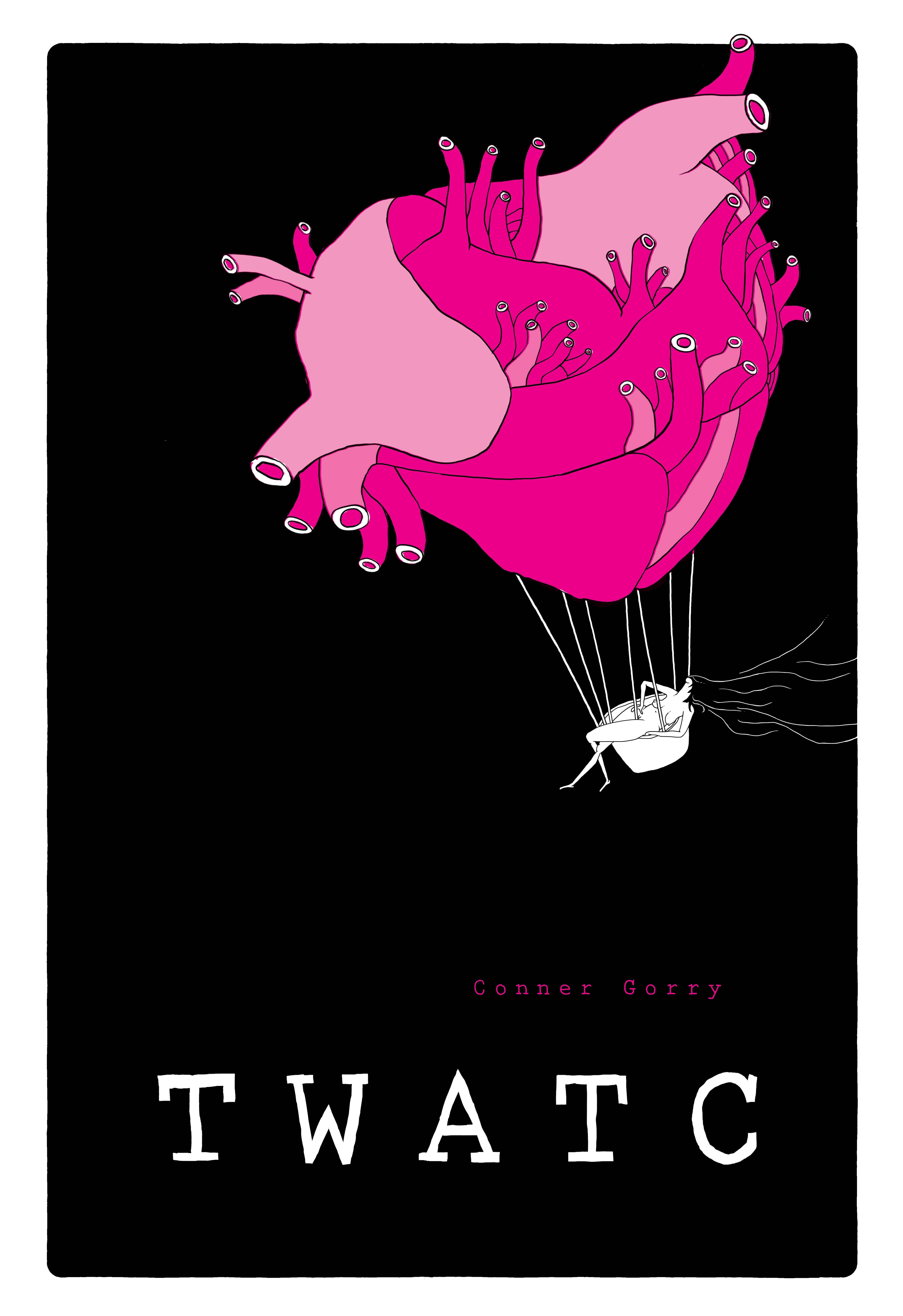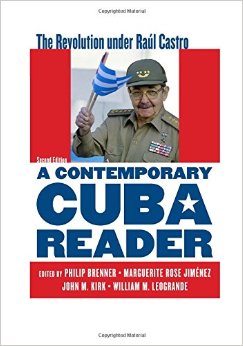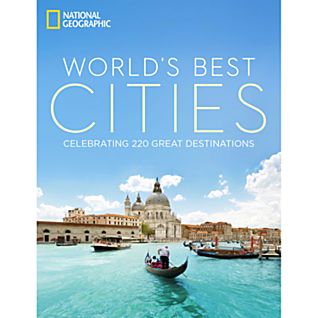[tweetmeme source=”connergo” only_single=false]While other bloggers are making their end-of-year lists, I’m just waiting for this year to end. Loss and sorrow is what 2011 has meant for me and while a turn of the calendar page won’t cure what ails me, you, or the world, it can provide a dose of hope – false and fleeting as it may be – to help us keep on stepping. Like a car with an empty gas tank, the warning light red and taunting, we know we’re running on fumes, but moving forward nonetheless; ‘bound to cover just a little more ground,’ as the song goes.
Havana circa December 2011 feels similar: we may be running on fumes, but at least we’re still running.
But that’s today. Other days, Havana hops with energy and enthusiasm and drive, where the theme song is instead ‘How do you like it? How do you like it? More, more, more’ – more millennial and hip, more sophisticated and noteworthy. This fuel injection comes from new economic regulations permitting private businesses, the buying and selling of cars and homes, and relaxed travel rules by Obama for Cubans in the USA wanting to visit family on the island (see note 1).
So how Havana feels largely depends on the day you measure her. And your outlook, what you see and experience, and who you talk to. Just like anywhere else, I suppose (if you’re paying close enough attention), except this place is like nowhere else. The contradictions are starker, more frequent, funnier.
Here are some that have caught my attention recently:
The Limousine/Ox-Drawn Cart
When Cubans of a certain means and bent get married, the bride and groom tour around town in a convertible festooned with satin bows, the novia perched atop the back seat waving to passersby while the driver lays on the horn (some honk out the wedding march, others the Godfather theme). But a few days ago, I crossed paths with the newest fad of the nouveau riche: the black tinted stretch limo (there’s only one) rented from Rex Autos covered in the same satin bows. There was no horn honking, however, and no visible bride – defeating entirely the purpose of showing off to plebes and passersby. I guess the thrill of a limo ride is reward enough for some and it did turn heads, including mine.
A short time later, I waited as two oxen were maneuvered with coos and stick by their expert handler. They carted behind them the water tank (known as the pipa in these parts), that makes the rounds of neighborhoods without municipal water. The pipa is the savior of all those homes and families which only have water un día sí, un día no (or even more infrequently).
Stretch limos and oxen carts; conspicuous consumption and water shortages: Es Cuba, my friends.
Penthouse Too Big/House Too Small
Estrella lives in a propiedad horizontal – a floor-through apartment. And it’s a penthouse no less. These huge, luxurious flats are found throughout Vedado high-rises and are more reminiscent of Manhattan than Havana. They usually feature phenomenal city and sea views but are also a pain in the ass – hard to clean and maintain, they’re also a real liability during hurricanes when their height, exposure, and plate glass windows put them in direct path and danger of the elements. For these reasons, Estrella is looking to permutar her penthouse for something closer to the ground, a more manageable home in short.
Contrast this with my friend Gloria – 68 and a spitfire who has dedicated her life’s work to helping the revolution work, she shares a bedroom with her 6-year old grandson and 10-year old granddaughter. If you know Cuba and the housing crisis we’re in, you know multi-generational sleeping arrangements are common. Except in Gloria’s case, she not only shares the room with her grandkids, but a double bed with the boy to boot. Sadly, this is also not terribly uncommon.
Both Estrella and Gloria are equally revolutionary and politically committed; this too, is Cuba, dear readers.
Chocolate-filled Churros/Pallid Pizza
As the new economic regulations gel, Cubans are figuring ways to live with the Gordian Knot that is capitalism. Folks with money to invest and a head for business are differentiating their products and services – and making money hand over fist as a result. The full-service car wash that everyone is talking about is one example of entrepreneurial pluck and vision, as is the nearby scuba school. Since I have no car and don’t dive, these are simply a curiosity for me. Not so the cafeteria selling chocolate-filled churros; jamaliche that I am, this development piqued my interest. Using a machine imported from Ecuador, these folks crank out a fried, filled sweet treat that drives Cubans gaga – and all for the nice price of 3 pesos (less than 15 cents). Also taking the city by storm is the burger and pizza joint with one of those inflatable playhouses kids love so much in the yard. While the kids jump and play, their parents nosh and drink, dropping a bundle in the process. According to my sources, this cafeteria is netting 1500 pesos a day (around $62 – not bad for a startup here).
Meanwhile, block upon block of new cafeterias sell the same forgettable hot dogs and egg sandwiches, bread spread with cloying mayo or croquettes. Some of these places serve terrible food – tasteless or cold, on day old bread or presented to customers just after the flies have been swatted away. Last week, I stopped by a new cafeteria in my neighborhood selling the smallest, palest, saddest pizza I’ve ever seen. With cheese congealing (despite being placed beneath an office lamp), the pathetic pizza sold at Rapidos around town look delectable in comparison. No wonder the government estimates 80% of these new businesses will fail within a year.
The contradictions abound caballeros. Every human and society has them. But we’ve recently had many complexities introduced into our reality here on the island which are deepening these contradictions. It’s a confusing time – anxiety-ridden once you scratch the surface – but it seems these complexities have also sparked a new line of critical thinking and reflection.
Over several visits with different friends and families over the past week, discussions have turned on the theory and opinion that what we’re experiencing today can largely be chalked up to the Special Period – that time in the 90s when the Cuban economy crashed and burned, threatening to take the Revolution with it. So that wouldn’t come to pass, people tightened their belts, took a hold of their bootstraps, and sallied forth. But at a cost. These conversations didn’t focus on what the new economy is or isn’t doing for our present, but rather the hard times of the past and how they eroded values, placed the pursuit of things over relationships, and planted the seeds of individual survival over the collective.
“We used to live here so naturally.”
“People changed overnight.”
“It was 180° turn, fast and dizzying.”
These are some of the comments made to me recently about those trying years, but in relation to our current situation. Interesting food for thought and worth recalling, 20 years hence, as we contemplate the changes in Cuba circa 2011.
Notes
1. You should see what folks are bringing in from abroad to start their families’ businesses here – everything from car parts and coolers to snorkel masks and jungle gyms. Permissions for Cuban families from the USA to travel here is being threatened by political (but powerful, ojo) dinosaurs in Congress. Although it seems Obama isn’t going to let this happen, I encourage all Here is Havana readers to keep the pressure on to lift both the travel ban and the blockade.











Brilliant. I enjoyed the observations on why the values are different today. I often wonder about the States and why the poor and working class often vote for policies and pols against their interests. Many have theorized here that the answer is a optimistic belief that they will one day be part of the one percent. Of course, now I wonder if this will chance now that optimism is eroding.
thanks chica. It will be interesting to see how many people DON’T vote in 2012…..
Big shout out to Kristen from WOW Cuba (www.wowcuba.com) for catching a big blooper in this post. Thanks chica!
Thanks as always Conner, and give us your thoughts on this one: I suspect that more than one of your readers has their eye on a house or an apartment in Cuba that might one day be available to purchase. Is this happening more often, are Cubans selling their houses/ apartments to foreigners more now without some of the hassles? and is this a good thing, if so? Thanks,… Dan
Strictly (legally) speaking, Cubans cannot sell their houses to foreigners and foreigners can’t own here. That doesn’t mean there aren’t “arreglos” happening. Still, this (cubans selling to cubans, which is what the law is designed to do) is a slow process and I have no personal experience with it but will continue to keep my finger on the pulse. One interesting element of the new regulation is that you have to show how you procured/source of the funds for buying a house – this is to deter Cubans in foreign countries (eg Miami – which is a foreign country if you ask me!) and foreigners from acquiring property.
In my opinion, every Cuban should have a home where they can live in dignity before foreigners start getting a crack at property here.
Wow, do I ever like your last statement! Thank you for putting it out there. I fully agree.
And within the new privatised restaurant business within the past 12 months what about the contradiction between the tiny hole in the wall/from the front room operations AND the massive restaurant complexes with HUGE start-up costs for plant and capital
With respect to the latter in Havana just to name a few – Doña Eutmia, El Carruaje (plus swimming pool). Cafe Laurent, Cafe Blanca; in Trinidad – El Bolo y Tahirl; in Camaqüey- Restaurante Italiano, La Herradura(with mini zoo); in Holguin Bar Parrillada Buena Vista etc etc
Yes, there are some very large, opulent, and expensive paladares opening up around town, as compared to those serving ‘pan con pasta’ from a living room window. The former have $$ coming from outside, but it remains to be seen if they’ll survive. One mistake Ive seen paladares make in my 10 years living here and writing for Lonely Planet and creating my iapp is that these folks don’t seem to realize that they cannot survive on the toursit $$ alone. Especially in this time of global economic crisis. Of course, there are Cubans who can afford to pay $10 for a plate of fancy chicken but how often and for how long? They have to have a steady. sustainable source of local clientele or they won’t make it.
Case in point: the giant paladar on 3ra y 60 (Miramar) which just opened (a friend compared it to a Manhattan sidewalk cafe) was empty last night, Friday, at 9pm.
Is this really true??
Been here long enough to get an impression of how private businesses are doing. It is not good at least for paladars. They dont last long. The new ones that opened last April are all gone. A new one opened that is very good but the owner says they will not let him make any money. They tax away his profits. He cannot raise prices because then they want more tax. There is also a limit to what people will pay.
They have to pay a buck for a beer but they cannot sell it for more. People wont come.
This owner said they were pressuring him to join the communist party. I wonder why they would do that.
A big part of the problem is they do not understand that a viable business plan is needed before starting a business. They just jump in and see what happens. They have no idea of the expenses they will face or what the regs are that they have to deal with. One guy shut down because they were insisting he provide washrooms.
For those who are familiar with the Chinese and Arabic associations where we buy our alcohol at a cheaper price, the government stopped that. They used to buy directly from the distillers but now they have to buy from the government outlet.
I don’t know who you’re talking to Ricardo, how good your Spanish is or what circles you’ve been running in, but your impression is not at all in line with what Ive been living the past 18 months (and as compared to the previous 8+ years here).
First: “The new paladars that opened last April are gone” FALSE.
Casa Blanca, Cafe Laurent, Punto G, La Moraleja, La Campana. Sona Eutemia. I could go on. Many new places are going strong.
Second: “A new one opened that is very good but the owner says they will not let him make any money” – I know many places making money hand over fist and what is happening in Cuba right now is capitalism at its rawest; ie someone who isnt making money hasn’t figured out how to make it work. This isn’t to say some businesses arent poorly run and conceived. They are, and those will fail.
Third: Taxes – this is the oldest story in the book. Yes, they have to pay taxes, for their permit to operate and their profits. This is standard in private enterprises anywhere in the world. If you cant operate your business, including paying the necessary taxes, then you too havent figured out how to make it work. As an interesting aside – payroll taxes have been suspended for the year (sound familiar?) but Cubans never whine about that, do they?
Pressing to join the communist party? this is hilarious! And totally unbelievable. Capping prices? Ive never heard of this but Ive seen chicken for $20 on these menus, so I don’t think that’s accurate either.
True, knowing the regulations can be an exercise in futility, but with nearyl 500,000 permits for private business issued since they were ok’d, Id say some people have been able to figure out.
Disculpe – should be Eutimia (not Eutmia) and perhaps anyway replace that one with La Moneda Cubana to keep the massive theme going best. Doña’s is in any other city in the world prime real estate but compared to the others I cited closest to the older style paladar in magnitude
Wonderful post to get us thinking about how things are changing so fast around us, in Europe, in Latin America, in the US…en todas partes se están cociendo habas… I’d say 😉
Saludos!
Hola chica. Im not sure, but I don’t think we have this saying (cociendo habas) in Cuba – we have many sayings about habas/jabas, but not this one! ?que quieres decir?
I believe she means it’s the same the world over– en todas partes se cuecen habas. Verdad.
It’s a saying in Spanish that means that there are problems, and fat problems at that, just everywhere… the saying actually is, “en todas partes se cuecen habas”, but I changed the verb tense since I was referring to the current situation (economic and social crisis) around the world….
“…we have many sayings about habas/jabas…” Such as?? Do you think “habas” is another way to spell “jabas”??
BTW… sorry about your loss and thanks for your blog.
Haha. Glad to see the language police don’t take holiday!
Sayings like: the jaba is the fifth appendage, don’t leave home w/o the jaba. Stuff of that sort.
It’s true what you say about paladares especially the “expensive” ones … many will not survive unless a steady line of tourists find them.
Having said that, I mentioned to you last week the paladar Cafe Ajiaco of Cojimar. I know is far for you to get there but you need to visit it and add it to your app. (www.ajiacocafe.com)
I heard a couple of days ago, that the famous telenovela actor from Mexico Cesar Evora visited the Ajiaco; and then returned two days later. Everyone said he was very simpatico and friendly having his photo taken with the locals. Another regular there is Manolito (of Manolito y su Trabuco) as well as the director of Charanga Habanera.
I guess if the food and service is good enough, in a country where very little advertisement is permitted, “la gente en la calle” get the word out.
Yes, Cubans are quite adept at getting the word out (la bola en la calle; el run run; radio bemba) – its a survival tool!
Wow, really interesting observations and contradictions. My friend spent two weeks travelling through Cuba and said while they loved every minute of being there and loved the people, the food was really bad and not in good quality. I guess that’s what he means when you talk about the small cafeterias swatting away flies from day-old food.
I’ve eaten at some suspect places over a decade of Havana living but day old food? Not in my experience. Also being able to speak Spanish and ask what else is there to eat? IS there anything else to eat? And communicating food preferences, allergies or desires is directly related to how well you eat here – especially outside of the bigger cities.